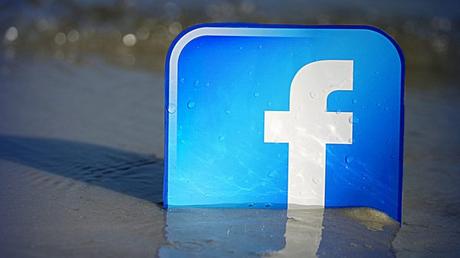
Their goal: to test a technology that can provide a fast Internet connection anywhere in the world. The project is ambitious and still embryonic. Presented three years ago, it should not be completed before 2020.
12,000 Satellites
"We want to create a global telecommunications system that will be bigger than anything imagined so far," Musk said in 2015. The contractor wants to deploy a constellation of about 12,000 small satellites. A third will be placed at an altitude of 1,150 kilometers - against just under 36,000 kilometers for geostationary satellites. They will be able to provide access to the Web on a radius greater than 1,000 kilometers. The altitude of the remaining 8,000 aircraft will be 300 kilometers.
Three years ago, Musk said he was ready to invest up to $ 10 billion. To design its satellites, the American company has opened a new office in Redmond, a suburban city of Seattle. She explains, however, that the number of engineers working on the project remains modest. This constellation, called Starlink, will not be operational "for at least five years," explained Musk, in 2015. Space X now recognizes that the project has fallen behind, evoking a "considerable work". The initial schedule should not be kept.
40 Million Subscribers
Mr. Musk's ambition is to become "the primary means of routing long-distance Internet traffic," believing his technology will outperform current terrestrial equipment. "The speed of light is 40% faster in the space vacuum than in the fiber," he recalled in 2015. Second ambition: connect to the network the poorest or most remote geographical areas. According to a United Nations study, 4.1 billion people still do not have access to the Web.
For SpaceX, this Internet network will be "a source of long-term revenue so that SpaceX can finance the construction of a colony on Mars", It is the ultimate ambition of the entrepreneur, who explained in the past wanting to "die on Mars, and not on impact ". In an internal document written in 2015 and published by the Wall Street Journal, the company was counting on 40 million subscribers in 2025, which would represent a turnover of 30 billion dollars a year. Figures that SpaceX did not want to comment.
Google an facebook abandon
Mr. Musk is not the only one to want to build this "space Internet". In 2015, a consortium called OneWeb unveiled a similar project, based on the launch of 648 satellites. This consortium is led by Greg Wyler, a renowned industry entrepreneur. His company has obtained financial support from Virgin Group, the company of British billionaire Richard Branson, or the Japanese group Softbank. It has partnered with Airbus to design and produce its satellites. Mr. Wyler hopes to be operational in 2019.
On the other hand, Google and Facebook seem to have abandoned their spatial ambitions. The first sold last year Skybox, a manufacturer of microsatellites bought in 2014. In early 2015, he had also injected a billion dollars into SpaceX. The second no longer communicates about his project since the explosion in September 2016, the Falcon 9 launcher that was to orbit a satellite Eutelsat, the French operator with whom he had partnered. The two companies now favor other means, such as drones and balloons whose deployment will certainly be faster

